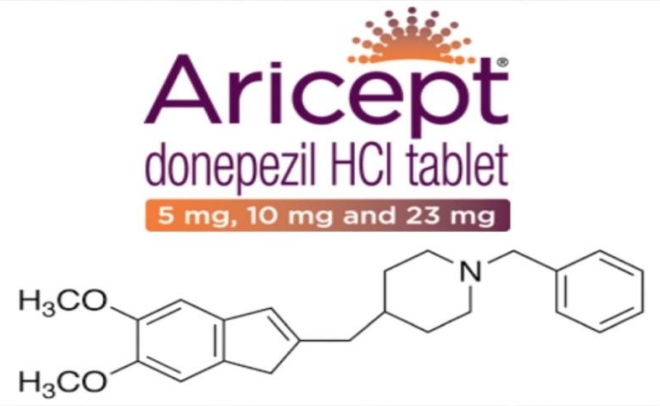
Can Aricept Help Advanced-Stage Alzheimer’s?
MEDICATION VIDEO: Aricept® (generic DONEPEZIL) is the world’s most popular drug for Early-stage Alzheimer’s. Does it help in Advanced-stage Alzheimer’s?

MEDICATION VIDEO: Aricept® (generic DONEPEZIL) is the world’s most popular drug for Early-stage Alzheimer’s. Does it help in Advanced-stage Alzheimer’s?

CLINICAL INERTIA is when it’s much easier to start someone on a medication, and keep them on, than to take them off. Find out why most advanced dementia patients receive too many expensive, questionable medications.
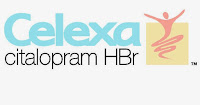
The antidepressant drug citalopram, also sold under the brand names Celexa and Cipramil, significantly relieves agitation in Alzheimer’s. Learn about the benefits and side-effects.
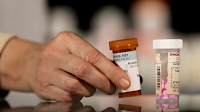
85-year-old Betty Wallwork was diagnosed with Alzheimer’s. But it wasn’t true. Find out why.

The US Food and Drug Administration has announced the supplemental approval of Rexulti (brexpiprazole) oral tablets for the treatment of agitation associated with dementia due to Alzheimer’s. Learn more.

People with Alzheimer’s are often prescribed drugs for other conditions — including diabetes or high blood pressure — at the same doses as those without dementia. That practice might need to be reexamined.

Fifty percent of people with Lewy Body Dementia said they were originally misdiagnosed with a type of dementia such as Alzheimer’s. Find out how LBD is exquisitely sensitive to certain medications, and why an early, accurate diagnosis is critical.
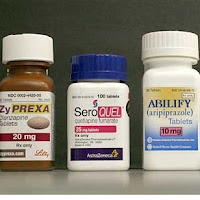
Dementia symptoms such as agitation, psychosis, anxiety, insomnia & depression are often treated with antipsychotic medication. Learn why these medications increase the risk of stroke.
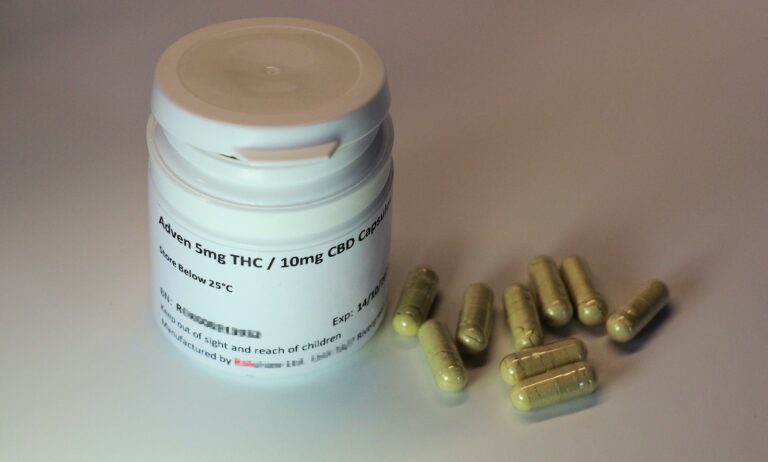
When is medical marijuana appropriate? Not in dementia, according to a new study. It suggests medical marijuana pills may not help treat behavioral symptoms of dementia, such as aggression, pacing and wandering. Get the details.

People with Parkinson’s were given the oral drug rivastigmine (brand name Exelon®). They were 45% less likely to fall and were considerably steadier when walking. Learn more about this dementia drug and fall prevention.

Lewy Body dementia is the 2nd most common form of dementia. See
experts at America’s top medical center, The Mayo Clinic, improving the lives of people who struggle with it.

We make a living by what we get,But we make a life by what we give. (Winston Churchill)

Clinical Psychology / Neuropsychology
LIFECARE PSYCHOLOGY GROUP, LLC

SHORT-TERM MEMORY lapses are obvious signs of Alzheimer’s, but other tell-tale signals begin to show much earlier. Learn how to look for semantic impairments, such as simple questions about size.

Three important dementia studies focus on HS-AGING, a type of dementia almost as common as Alzheimer’s in the 85+ group. Yet few people have heard of it. Why? What makes it different?

An intriguing study of 120 grandmothers might surprise you. Doctors know socially engaged people have better cognition and less dementia. But can a person get too much of a good thing? What’s the right balance?

Enjoy this great duet between a musician with dementia and his son. A triumph of spirit over Alzheimer’s! Sing-a-long if you like!
No spam, only news and updates.


